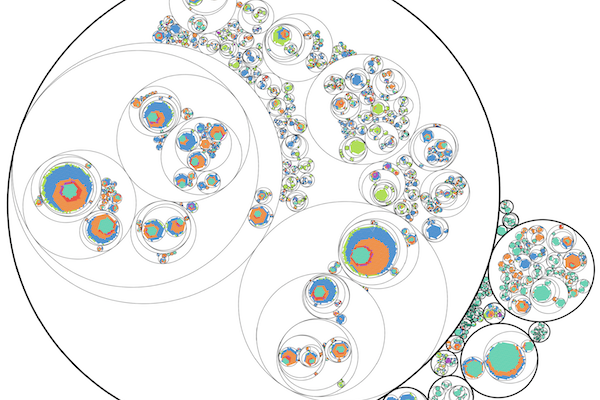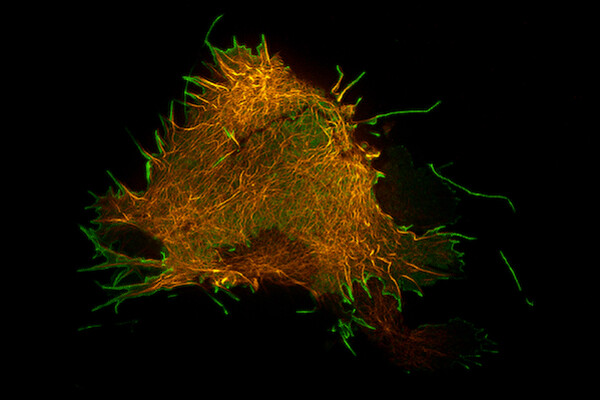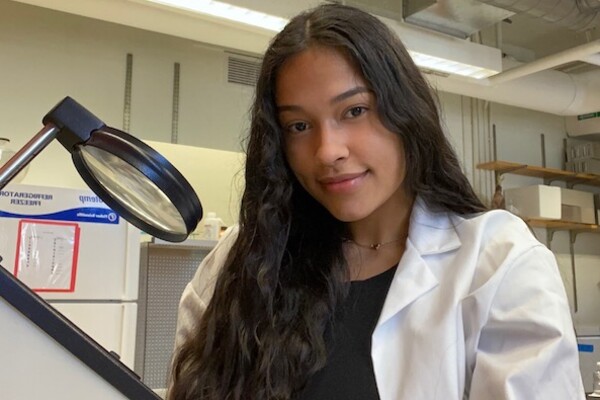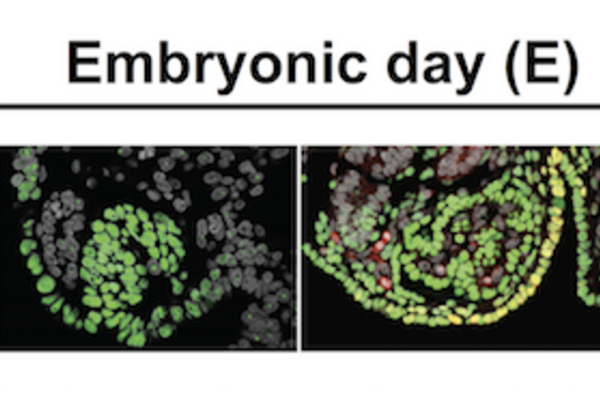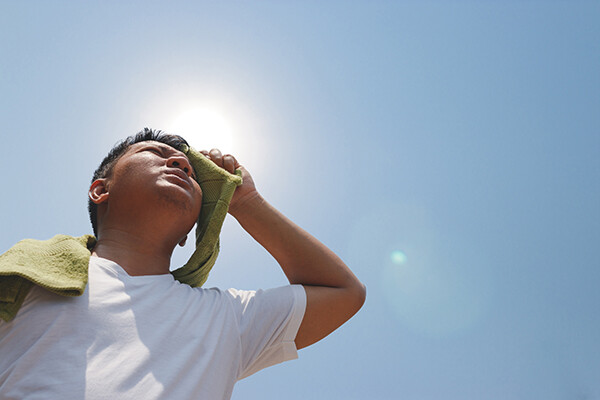4/22
Biology
Ballerina Emily Davis is ‘on her toes’
May graduate Emily Davis earned a bachelor’s degree in biology from the College of Liberal and Professional Studies while working full-time as a ballerina with the Pennsylvania Ballet and volunteering to conduct research at CHOP and community service with Philadelphia nonprofits.
Designing public institutions that foster cooperation
People are more likely to cooperate with those they see as “good.” Using a mathematical model, School of Arts & Sciences researchers found it’s possible to design systems that assess and broadcast participants’ reputations, leading to high levels of cooperation and adherence.
Pinpointing how cancer cells turn aggressive
Penn scientists have developed a new method for tracing the lineage and gene expression patterns of metastatic cancer at the single-cell level.
Climate change-resistant corals could provide lifeline to battered reefs
Corals that withstood a severe bleaching event and were transplanted to a different reef maintained their resilient qualities, according to a new study led by Katie Barott of the School of Arts & Sciences.
Black in Marine Science is building a community
Postdoc Camille Gaynus of the School of Arts & Sciences and colleagues formed a nonprofit dedicated to lifting up Black voices in marine science and inspiring a new generation to follow their curiosity about the ocean.
Blocking viruses’ exit strategy
Tests of a new antiviral that aims to prevent the deadly Marburg virus from spreading in the body show promise, according to a study led by School of Veterinary Medicine researchers.
First-year research is hands-on from the start
With the Penn Freshmen Exposure to Research in Biological Science program, students from communities that are underrepresented in STEM can jump-start their scientific careers with mentoring and opportunities to pursue original research.
The origin of reproductive organs
A new study led by the School of Veterinary Medicine’s Kotaro Sasaki elucidates the early biological processes involved in the development of ovaries and testes.
Four Penn faculty elected to the National Academy of Sciences
The new members of the Academy, honored scholars recognized for their unique and ongoing contributions to original research, include researchers from the Perelman School of Medicine, School of Engineering and Applied Science, and Annenberg School for Communication.
How humans evolved a super-high cooling capacity
The higher density of sweat glands in humans is due, to a great extent, to accumulated changes in a regulatory region of DNA that drives the expression of a sweat gland-building gene, explaining why humans are the sweatiest of the Great Apes.
In the News
When is the best time to take L-theanine—morning or night?
According to Colleen Tewksbury of the School of Nursing, research suggests that L-theanine may help support stress management, sleep, and potentially weight management.
FULL STORY →
Is the flu shot market a slam dunk for mRNA vaccines? Experts aren’t so sure
Scott Hensley of the Perelman School of Medicine is working on a flu vaccine to provide protection against 20 subtypes of flu that may pose a pandemic threat in the future.
FULL STORY →
Thanks, Neanderthals: How our ancient relatives could help find new antibiotics
A study by César de la Fuente of the Perelman School of Medicine and colleagues used AI to recreate molecules from ancient humans that could be potential candidates for antimicrobial treatments.
FULL STORY →
Long COVID brain fog may originate in a surprising place, say scientists
A study by Christoph Thaiss and Maayan Levy of the Perelman School of Medicine and colleagues finds that long COVID’s neurological symptoms, like brain fog, memory loss, and fatigue, may stem from serotonin reduction.
FULL STORY →
Long COVID research is in its ‘most hopeful’ phase yet
A study by Christoph Thaiss and Maayan Levy of the Perelman School of Medicine and colleagues suggests that serotonin could be a target for long COVID treatment.
FULL STORY →
A crucial pattern behind long COVID may have been identified
A study by Christoph Thaiss and Maayan Levy of the Perelman School of Medicine and colleagues suggests that several current hypotheses for the pathophysiology of long COVID are linked by a single pathway that is connected by serotonin reduction.
FULL STORY →






